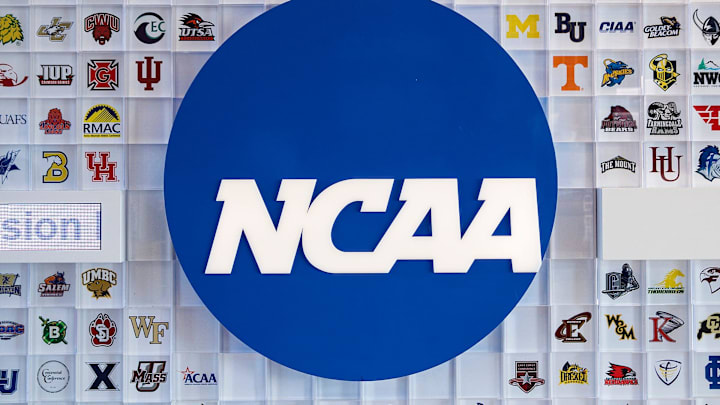The NCAA fought against college athlete transfers for years. Other than graduate transfers and rare exceptions that required NCAA waivers, players were not allowed to transfer to a new school without sitting out a season to regain eligibility.
Now, as anyone who has followed college football or basketball in recent years understands, the transfer portal (and its one-time free transfer) has changed everything about roster turnover in NCAA athletics.
Many of those players were transferring for the second time, marking the need for many of them to get NCAA approval before they could play again. Famously, North Carolina wide receiver Tez Walker was one of these players who missed time waiting on the NCAA to grant him a waiver.
On Wednesday, the United States government got involved when West Virginia Judge John Preston Bailey granted a temporary restraining order in the case "Ohio vs. NCAA." The judicial order keeps the NCAA from being able to enforce rules and punishments for players who are transferring a second time.
Here is a transcript of Judge John Preston Bailey's decision regarding the 14-day temporary restraining order in Ohio vs NCAA: pic.twitter.com/g4JOSIBjXc
— Justin Williams (@Williams_Justin) December 13, 2023
The injunction is in effect for 14 days (for now) and should allow players who currently are waiting on the NCAA for eligibility waivers.
According to a report from Sports Illustrated's Pat Forde, the NCAA plans to stop enforcing "year in residency" rules. That means that student-athlete's eligibility would not be tied to the length of time they are at a particular institution (currently, one year is awarded for any two-semester or three-quarter stretch of academic performance).
It is unclear if the NCAA will try to enforce retroactive punishments on schools that attempt to play ineligible players during this 14-day window. However, Judge Bailey's current ruling states that they cannot do so (that could change with further court movements).
The transfer portal and all of its nuanced rules are extremely difficult to follow, especially when trying to determine the realistic chances of a player's eligibility after a second transfer. Now, with the uncertainty that comes with this 14-day ruling, things might be getting even crazier soon.
